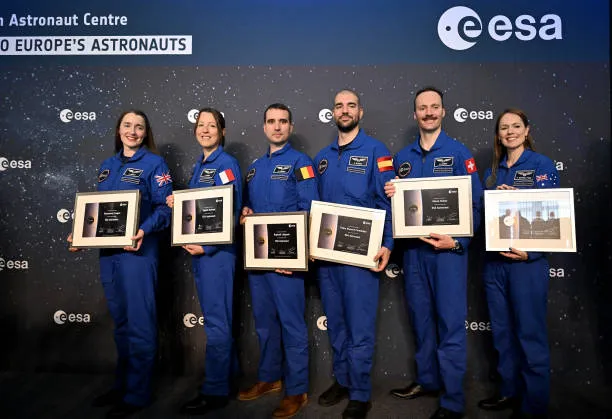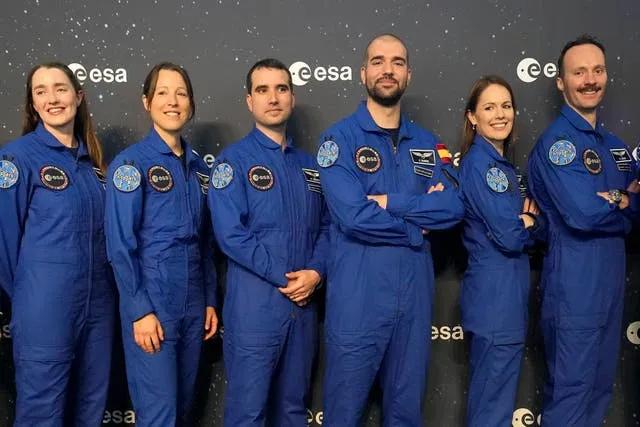The European Space Agency (ESA) has successfully launched its Euclid space telescope, designed to study the mysterytic dark matter and dark energy that shape our universe. The spacecraft blasted off from Cape Canaveral in Florida on a SpaceX Falcon 9 rocket, marking a significant milestone in the quest to understand the fundamental nature of the cosmos. Euclid, named after the ancient Greek mathematician and philosopher Euclid of Alexandria, is destined to go on a two-year journey to the second Lagrange point, or L2, about 1.5 million kilometers from Earth.
The spacecraft, once it reaches L2, will deploy a single high-gain antenna and begin its observations of the sky. Unlike other space telescopes, Euclid will not unfold itself once in space, as it is designed to maintain the utmost stability throughout its mission. This stability is crucial for the high-precision imaging that Euclid will undertake, as it seeks to quantify the subtle effects of dark matter and dark energy on the universe.
The Euclid mission is a groundbreaking effort to shed light on the biggest questions in cosmology. By examining the distribution of galaxies and galaxy clusters, scientists hope to understand how dark energy has influenced the expansion of the universe. Additionally, the mission will employ the phenomenon of gravitational lensing to directly measure the mass of galaxies, thus revealing the presence of dark matter.

The European Space Agency
ESA’s Director of Science, Carole Mundell, praised the launch, stating, “Today we celebrate the successful launch of a ground-breaking mission that places Europe at the forefront of cosmological studies… To address these fundamental questions, Euclid will deliver the most detailed map of the extra-galactic sky. This inestimable wealth of data will also enable the scientific community to investigate many other aspects of astronomy, for many years to come.”
Euclid’s journey to L2 is expected to take around four weeks, followed by a two-month preparation period, after which the spacecraft will begin its science operations. The data collected by Euclid will provide a rich source of information for scientists to study the properties of dark matter and dark energy, ultimately helping to unravel the mysteries of the universe.
The Euclid space telescope is poised to make a significant contribution to our understanding of the cosmos, and its launch marks a new era in the pursuit of knowledge about the nature of dark matter and dark energy. As the spacecraft gos on its journey, scientists and researchers around the world eagerly await the discoveries that Euclid will bring to light.









































